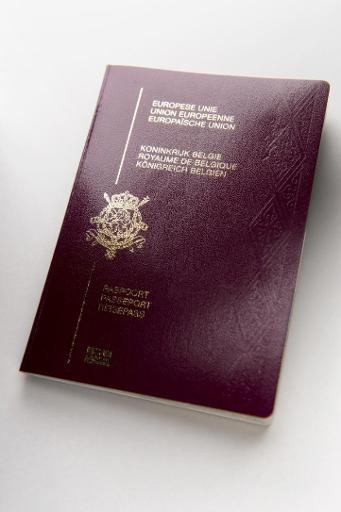Foreign nationals wishing to acquire Belgian nationality in future must follow the full Belgian civic integration process. This means that they must show their birth certificate from their country of origin. The point was decided on Friday by the Cabinet. The Justice Minister, Koen Geens's, department indicated on Wednesday that he thus intends to stop the acceptance of numerous consular attestations with an “entirely relative value.”
The Cabinet approved several alterations to the law on nationality last week. It is mainly those applicants for Belgian nationality who will see the changes in the rules. They will, from now on, all be on a level playing field: such applicants will be expected to complete the civic integration process successfully in this way, and also supply proof of knowledge of one of the three national languages; French, Dutch and German.
The individual wishing to obtain Belgian nationality should also provide an official birth certificate from their country of origin. Mr Geens’s department states that, “An equivalent document will only be accepted for countries in which it is either impossible or difficult to obtain a birth certificate.” This decision has been taken as numerous consular attestations have an “entirely relative value” and are “often issued without a prior verification of the circumstances. They are simply based upon statements made by the individual concerned.”
New rules will also enter into force for Belgians living abroad. Currently, an individual born abroad with at least one Belgian parent must make a formal statement before their 28th birthday, so as to retain their Belgian nationality. In the future, the Belgian citizen who both requests and obtains a Belgian passport between the ages of 18 and 28 will be able to retain his nationality for life. At the end of 2016, 442,189 Belgians were registered as living abroad.
The Brussels Times

